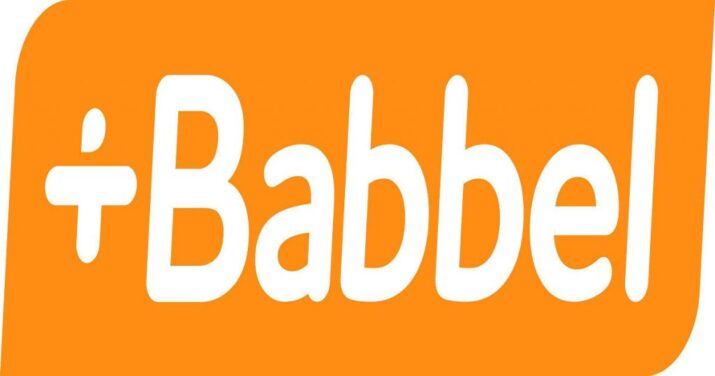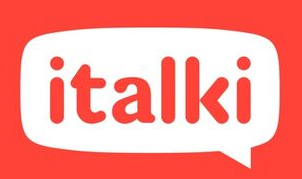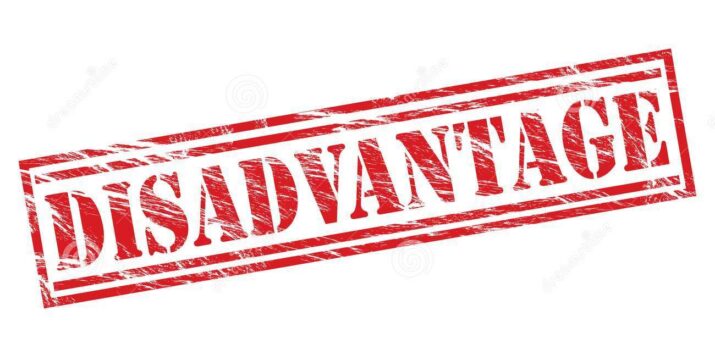Babbel vs Rosetta Stone: Which Is Better?
By J Maver
January 10, 2024 • Fact checked by Dumb Little Man
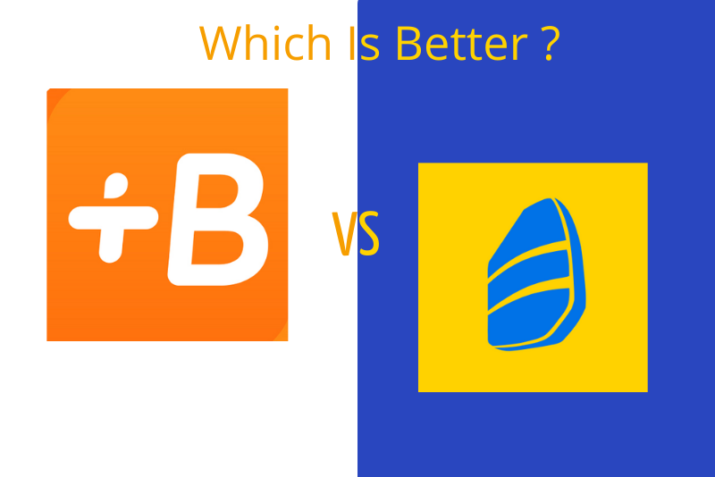

In the age of technology and computer science in the modern world, exploring something such as a new language is not so struggle.
If you do not want to attend a class, you can still improve your language skills at home or anywhere through websites and language learning apps. And two of the most popular apps we would talk about today are Babbel and Rosetta stone.
Babbel vs Rosetta Stone

As famous names in the field of language learning on computers and mobile phones, Babbel and Rosetta Stones bring to your mobile devices extremely easy-to-understand language lessons. Also, both of them are available on Android, iOS, and Websites to provide language learners with convenience.
So, everyone can afford and use these applications for their target language in life. Through this article, you will have some ideas to choose between Babbel vs Rosetta Stone.
What are Babbel and Rosetta Stone?
Babbel
Babbel is an attractive option for learning a new language app because it is a communication-level language learning app.
Due to the Speech recognition technology, Babbel helps learners practice and improves their pronunciation while the Review feature makes learners be more responsible and work hard with vocabulary.
Rosetta Stone

Compare to Babbel , Rosetta Stone is created with better diversity because it provides lessons for 24 other languages.
And no translations and explanations in Rosetta Stone while you are learning a language helps you avoid depending on translating language into your mother tongue is the special point of it.
Thus, these lessons give learners a wide range of knowledge from grammar to vocabulary. Besides, Rosetta Stone leverages users’ phone hardware and speech technology to assess user’s pronunciation which would help them to fix their mistakes in real-life communication.
Advantages: Babbel vs Rosetta Stone
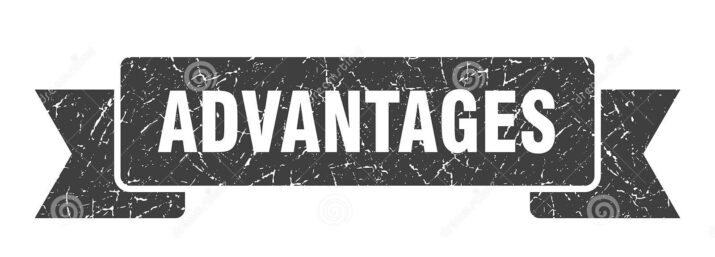
Babbel
How does Babbel works?
Initially, Babbel’s language lessons are made in the quiz-based form. A language course in Babbel is delivered in a quiz-based manner and can be accessed via the Babbel website or mobile app.
When the users log into the website, they are going to find that Babbel breaks the language down into 10 to 15 minutes lessons. Each lesson is designed for different levels, from beginners to advanced learners.
Babbel Reviews
In sessions, Babbel teaches new vocabulary and grammar while also asking users questions to help them remember what they have learned. Therefore, Babbel offers a great environment for users and makes them feel interested in learning a language.
In addition, Babbel not only teaches users how to communicate but also gives them grammar explanations lessons.
Thereby, lessons on Babbel are developed in a fairly logical sequence, from easy to difficult. In time, it would help people who use it create their own learning style through these online courses.
Next, Rosetta Stone and Babbel have the same idea that they are both languages learning applications aims to teach users the fundamental of foreign language.
Moreover, both systems provide assistance to their users, but Babbel can go through the language rapidly since it provides translations and explanations.
Babbel Subscriptions

Then, Babbel`s pricing is on the lower end of the range when compared to Rosetta Stone and other higher-priced rivals. The cost of a monthly subscription starts at $6.95.
There is also a money-back guarantee of 20 days, giving the consumers plenty of opportunities to try out the course and determine whether it is appropriate for them.
Also, Babbel provides many subscription plans for users to have many options to pick the one suitable for them and before using it, they have a free trial time to try it out.
Both Babbel and Rosetta Stone are subscription-based, so they can pay for a time period of their choice, often ranging from as little as one month all the way to lifetime access.
Rosetta Stone
Rosetta Stone Reviews
About Rosetta Stone, it is a collaboration product between Rosetta Stone and the University of Washington. Stone Rosetta has been a household name in languages study for well over a decade.
When it comes to learning a new language, the Rosetta Stone technique takes a zero-English approach. Babbel and Rosetta Stone have this difference. Rosetta Stone aims to teach foreign languages via context rather than translations, using a combination of pictures and sounds.
In particular, Rosetta Stone’s strategy aims to teach through immersion. Learners are given pictures in lesson that are matched with foreign languages words. Then they must deduce the meaning of the words.
Theoretically, this technique eliminates the extra step that many people want to learn a language take before speaking or reading by translating sentences from their target language into their native language.
For example, learners who want to learn French, Italian, German,.. would not see English translation instead of context or images of the words related to these languages.
Rosetta Stone offers up to 24 different languages such as English, Japanese, Korean, Spanish, French, Swedish, Turkish, … and so on. Rosetta Stone’s lessons in its courses have the same structure, grammar, and vocabulary, including 20 lessons divided into 5 levels from beginner to advanced which are various resources for learning members.
Each lesson has 4 skills of listening, speaking, reading, and writing. With the diversity of languages resources in Stone, users will never get bored with this application.
A special feature of Rosetta Stone is that it helps language learners “communicate” directly with the software via computers or smartphones.
Language learning in Rosetta Stone concentrates on grammar and accent of learners, especially which helps them to be better in their target language of language learning.
Specifically, Rosetta Stone asks learners to answer, and the software will evaluate the learners’ answers as correct or incorrect in terms of phonetics and semantics thanks to a voice recording and analysis technology similar to Siri virtual assistant technology (with iPhone).
Consequently, the language learners can learn from their accents’ mistakes and will know how to speak like native speakers.
Rosetta Stone Subscriptions

If you want to test out a course of language Rosetta Stone, there are a few different subscription choices.
A three-month membership for one language is the most cost-effective choice, however, most individuals will need more than three months to master a new language.
Alternative to Rosetta Stone and Babbel

Besides Rosetta Stone and Babbel, there are some other well-known application resources that people use in common such as Duolingo, Italki,…
For example, like Rosetta Stone, many resources outside such as Italki is also a very famous website among languages exchange websites.
This language’s website is categorized by language learners’ needs. Of course, if you want to have a high-quality course, you have to pay for it.
Italki also provides a forum for a community for those who want to exchange and practice their skills.
So, you can easily find people in the same or different language but they have the same goal in the learning language like you.
About Duolingo, as most of the review about this app, it offers a completely free learning course, with no ads and no fees during using time and it has many languages available in it like Spanish, French,…
Duolingo is created with the slogan “Fun for studying” so that the learners who use it do not have to get the feeling of “must study”.
Duolingo would go through interactive activities ranging from basic to advance, including grammatical practice content, speaking, and listening alternate continuously in each module.
As information mentioned, people would have more idea about Babbel vs Rosetta Stone, but which one is better?
Disadvantages: Babbel vs Rosetta Stone
Babbel
As regards, Babbel offers many options plan for clients to choose from. So, payment is an indispensable part of using this application. And for some users, it will be a struggling part of them when they compare Babbel to Duolingo or another free app on the Internet.
Moreover, the app also requires users to pay per language, so if they want to learn two different languages such as French and Spanish, they will have to pay separately.
There is also a 20-day money-back guarantee, giving users plenty of opportunities to try out the course and determine if it is right for them, but this number is still an issue with some people.
Furthermore, neither Arabic nor Asian has courses in Babbel , that’s why the learners are going to have fewer choices for what they learn in Babbel. And popular languages like Spanish and French have significantly more content than less popular languages as Danish or Italian.
Next, it has lower quality audio compared to Rosetta Stone, and Babbel`s visual content is pretty boring.
Similar to it, Babbel courses do not help you in the language you’re learning about conversational abilities. To be more specific, languages Babbel introduces you to new material before quizzing you on it.
Any seasoned language learner would tell you that learning new words and grammar and then utilizing them in real life are two completely different things. This may cause you to have more difficulty in having a native accent or at least a natural way of speaking in a language you’re learning.
If Babbel`s courses do not allow the participants to create their own sentences (either written or spoken), they will struggle to do so while they speaking to others and they might never have communication skills like native speakers.
Rosetta Stone
Price is one of the most popular demerits of mobile app learning, and in Rosetta Stone, this is a big part of the problem. Overall, the price of using Rosetta Stone can cost $400+ a year versus the $80-$150 cost for Babel.
Therefore, it is undeniable that Rosetta Stone is quite expensive compare to other applications of learning languages. Especially with a free website like Duolingo for example.
Second, the lack of English approach taken by Rosetta Stone also its a drawback. Whereas this strategy works well with the basic lesson, it begins to break down as members go to more complicated lesson and grammar.
Third, some people review that they get frustrated with Rosetta Stone since it does not explain anything and this is where impatience kills the users’ results. So the users may not succeed with Rosetta Stone if they are impatient people. The meaning of phrases and words can get muddle, the learning process might deteriorate into a guessing game with no clear answers.
Truly, language learning with the passive approach in Rosetta Stone is a no-pressure environment for the users. Rosetta Stone frequently holds learners’ hands to the point where they never learn to walk in the foreign language land on their own. This is a good way to help newcomers feel unintimidated and comfortable.
On the other hand, this approach can be detrimental to the learning process, as there is little to no pressure to recall the information, the learners are going to have less motivation to learn a new language.
Conclusion

To conclude, in this article, the comparison between Babbel and Rosetta Stone is mentioned in a specific way beside other learning language applications.
After all the review, maybe you can come up with the idea for the question ” Which course is better: Babbel or Rosetta Stone?”
Apart from price, there is one more major difference between the two applications that Babbel gives English translations and explanations, although Rosetta Stone trains nearly fully in the language you are studying.
Babbel, on the other hand, could be for you if you want to have a bit more fun while learning a new phonologic.
In short, Rosetta Stone and Babbel are the finest alternatives of learning language resources online, otherwise, many other options can be useful for you in specific situations as regarded like Italki, Duolingo, Memrise,… and so on. As a smart participant, get experience, identify an application that interests you, and pursue it relentlessly. If you can accomplish that, your skills are going to significantly increase no doubt.
J Maver
Passionate in tech, software and gadgets. I enjoy reviewing and comparing products & services, uncovering new trends and digging up little known products that deserve an audience.

